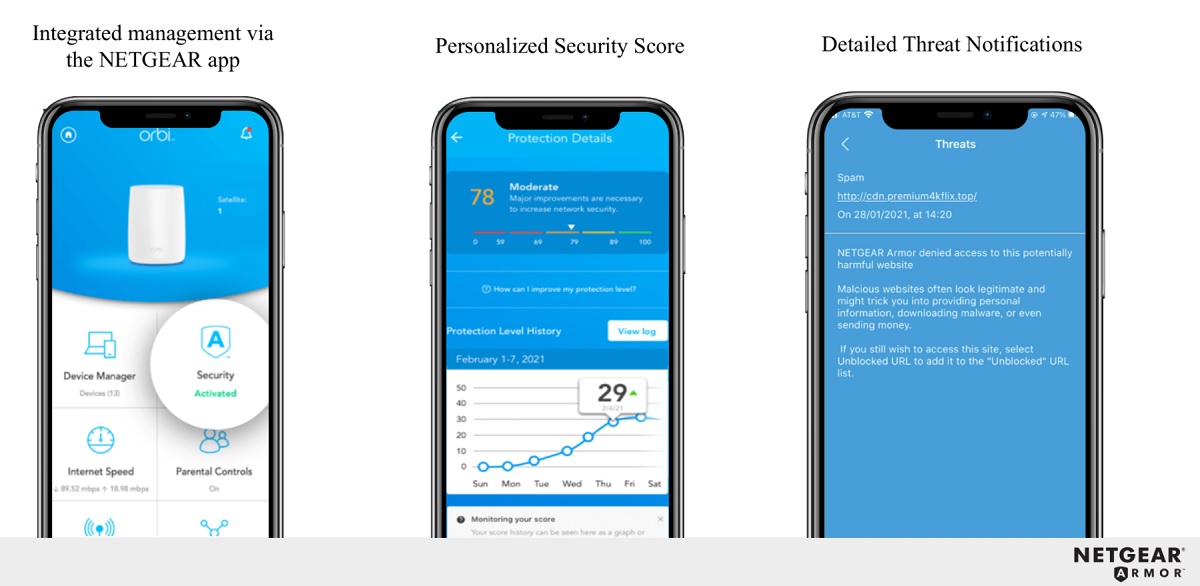Netgear said it has enhanced the Netgear Armor software with advanced security and threat detection for connected smart home devices.
The new generation of Netgear Armor comes with internet threat protection that users can install on their computers, smartphones, and tablets at no cost beyond the existing $99-per-year subscription. This extra protection enables not only greater security at home, but as these devices connect anywhere a customer goes, helps keep them safe from viruses, phishing, and other attacks, even if they connect to unsecured networks at coffee shops or airports, for example.

Unlock premium content and VIP community perks with GB M A X!
Join now to enjoy our free and premium membership perks.
![]()

![]()